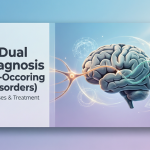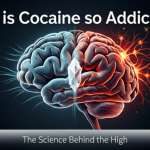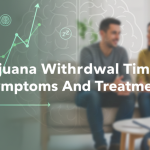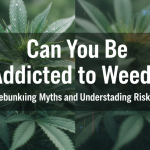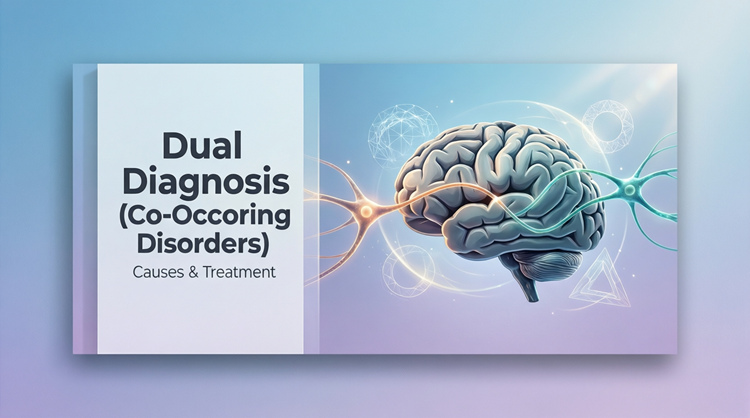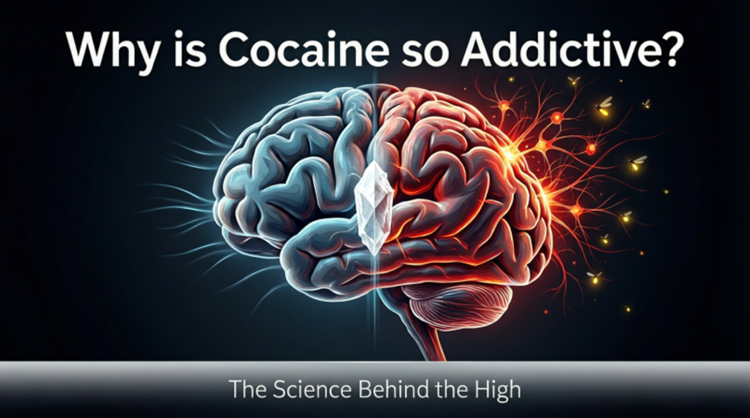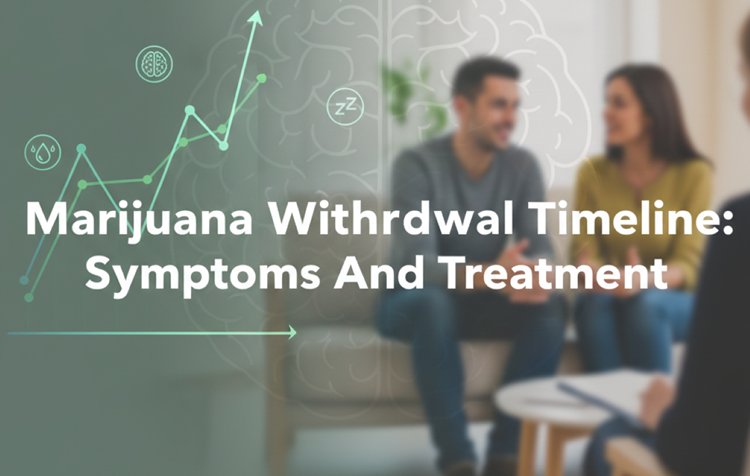Recognizing and understanding common mental health disorders marks early progress in building a society that prioritizes mental wellness. Mental well-being has emerged as an important component of our overall health. In this blog post, we highlighted the ten most widespread mental health disorders, emphasizing their complexities, symptoms, and possible treatments.
What are Mental Health Disorders?
Mental health disorders are conditions that affect a person’s thinking, feelings, and behavior. They can cause a wide variety of symptoms, including:
- Emotional symptoms: sadness, anxiety, anger, guilt, shyness, fear, loneliness
- Behavioral symptoms: Withdrawal from social activities, neglecting personal hygiene, substance abuse, self-harm
- Cognitive symptoms: Difficulty concentrating, remembering, and making decisions
The Most Common Mental Health Disorders are:
Anxiety Disorders:
Anxiety disorders are at the top of the list, affecting millions of people globally. From generalized anxiety to social anxiety, we delve deeper into the diverse manifestations of this widespread condition, providing insight into coping mechanisms beyond traditional approaches.
Depression:
Depression, which is often misunderstood, needs a more thorough investigation. In this section, we uncover the complexities of depression, emphasizing that seeking help is not a sign of weakness but a courageous step toward healing.
Bipolar Disorder:
Bipolar disorder creates a rollercoaster of emotions, and we guide you through its peaks and valleys. Understanding the nuances of this disorder is important for both the people experiencing it and their support networks.
Attention-deficit/hyperactivity disorder (ADHD):
ADHD extends beyond childhood and may persist into adulthood. We examine the impact of ADHD on daily life and offer practical strategies for coping with its challenges.
Obsessive-compulsive disorder (OCD): Unwanted thoughts and repetitive behaviors are the hallmarks of OCD. Dive deeper into the complexities of this disorder, gaining insight into its effects on individuals and the coping mechanisms available.
Post-traumatic stress disorder (PTSD): PTSD can result from various traumatic experiences. In this section, we discuss symptoms, triggers, and therapeutic approaches to facilitate the journey toward healing.
Schizophrenia:
Schizophrenia is often misunderstood, which perpetuates stigma. Here, we clarify the situation, promote a nuanced understanding, and underline the importance of empathy in supporting people with schizophrenia.
Eating Disorders:
Eating disorders go beyond just body image concerns. We explore diverse eating disorders, underscoring the need for a holistic approach that addresses both physical and mental well-being.
Substance Abuse Disorder:
Substance abuse has a profound impact on mental health. This section provides insight into the relationship between substance abuse and mental health disorders while emphasizing the essential nature of help-seeking.
Personality Disorders:
Personality disorders span a wide spectrum. We analyze a variety of types, promoting compassionate understanding of individuals struggling with these often formidable disorders.
What are the Risk Factors for Mental Health Disorders?
Several factors can increase a person’s risk of developing a mental health disorder, including:
Genetics: Mental health disorders can run in families.
Brain chemicals: Imbalances in brain chemicals can contribute to mental health disorders.
Life experiences: Traumatic experiences, such as abuse, neglect, or bullying, can increase the risk of mental health disorders.
Substance abuse: Substance addiction may accelerate existing mental health disorders or contribute to the development of new ones.
Impact on Individuals
Mental health disorders can manifest in different ways, affecting different aspects of a person’s life. Some general effects include:
Emotional distress: Anxiety, depression, fear, sadness, and irritability are common emotional symptoms associated with mental health disorders.
Behavioral changes: It can lead to changes in behavior, such as social isolation, substance abuse, risky behaviors, or self-harm.
Cognitive impairments: Mental well-being can influence thinking, concentration, memory, and decision-making.
Physical health problems: Mental health and physical health are interconnected. It can increase the risk of physical health problems such as heart disease, stroke, diabetes, and chronic pain.
Impact on Society
It also has a broader impact on society. They contribute to:
Reduced productivity: This leads to lost workdays, absenteeism, and presenteeism (being physically present at work but not fully productive due to mental health symptoms.
Increased healthcare costs: Mental health disorders account for a substantial portion of healthcare costs.
Social isolation and stigma: It can lead to social isolation and stigma, which can further exacerbate symptoms and hinder recovery.
Crime and violence: Mental health disorders are associated with an increased risk of involvement in crime and violence.
This is complex and can have a profound impact on individuals and society as a whole. By understanding the effects of these conditions and implementing effective measures, we can work towards a more supportive and inclusive environment where mental health is prioritized and individuals can thrive.
100% Confidential Support is Available 24/7
No matter what you’re going through, you’re not alone. Our dedicated team is here to provide a safe, judgment-free space where you can talk openly and honestly. Whether you need emotional support, resources, or just someone to listen.
We’re here for you—completely confidential and always respectful of your privacy. Call us today!
How are Mental Health Disorders Treated?
It can be treated in various ways, including:
Therapy: Therapy, such as cognitive-behavior therapy (CBT) and psychotherapy, can help people understand and manage their symptoms.
Medication: Medications, such as antidepressants and anti-anxiety drugs, can help relieve symptoms.
Lifestyle changes: Making healthy lifestyle changes, such as eating a healthy diet, exercising regularly, and getting enough sleep, can also improve mental illness.
Mental Health Disorders: Understanding the Impact on Individuals and Society
Mental health disorders, also known as mental illnesses, are a broad range of conditions that affect mood, thinking, and behavior. They can have a significant effect on a person’s daily life, relationships, and overall well-being.
Ultimately, understanding the most common mental health disorders is an important step toward fostering empathy, removing stigma, and creating a supportive environment for people facing these challenges. By disseminating knowledge and fostering open conversations, we contribute to a world that emphasizes mental health on par with physical health. Let this guide serve as a beacon of awareness, guiding us toward a future where universal prioritization of mental well-being is the norm.

Deland Treatment Solutions
Battling with Drug and Alcohol Addition? Remember, you are not alone and we are here to help you!
Finding Help in DeLand
Remember that you are not alone! Asking for help is always the first step toward overcoming mental health disorders.
If you’re reading this and are based in Deland, then you can feel free to contact Deland Treatment Solutions, based in Deland, FL. Give a call at (386) 866-8689 or visit Deland Treatment Solutions’ website today.






